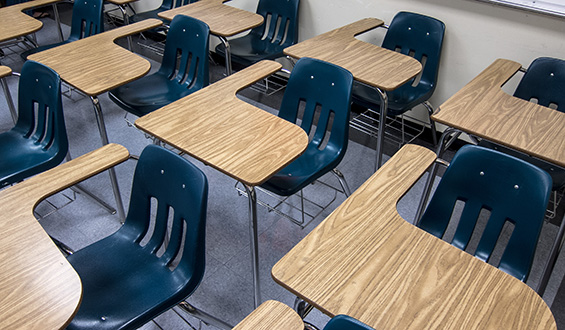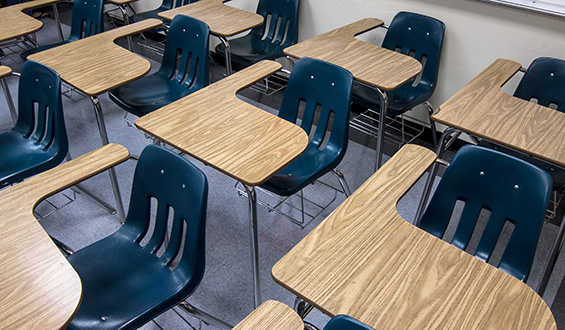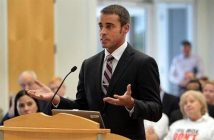 (Photo: Robert Couse-Baker, Creative Commons)
(Photo: Robert Couse-Baker, Creative Commons)
A report from the National Center for Analysis of Longitudinal Data in Education Research examines the effects of school turnaround in the public school system in North Carolina, finding that it resulted in a drop in the average math and reading passing rates and an increase in the concentration of low-income students in treated schools.
The report, “School Turnaround in North Carolina: A Regression Discontinuity Analysis,” discusses the recent increase in the number of “turnaround” schools throughout the country as a result of the federal No Child Left Behind and Race to the Top programs. Schools affected by this intervention are those that face problems such as low test scores or student behavior problems, poor school leadership and high staff turnover rates. The federal government has focused on these schools due to their high concentration of low-income and minority students.
The authors discuss what they consider to be a key piece of the school turnaround strategy, which suggests that a piecemeal solution, such as higher teacher qualifications or smaller class sizes, is not enough to solve the issue. Instead, it pushes for a reform of the school as a whole, addressing in a comprehensive way the entire range of issues occurring at the school, including weak leadership, low teacher morale, low expectations for students, and poor school climate.
The report goes on to suggest that although little research was done on the topic, the federal government jumped in to support this viewpoint, putting its education funding in 2009 toward asking states to adopt one of four school turnaround policies in order to bring improvements to their lowest performing schools.
The paper focuses on these efforts in the state of North Carolina, which used a clear cut off to identify the lowest performing schools. The state had the goal of improving school level student passing rates by 20 percentage points in turnaround schools. However, researchers say this did not happen. Instead, state efforts appear to have reduced the overall passing rate in these schools.
While the authors are unable to pinpoint the exact cause for these outcomes, they were able to identify a number of intended and unintended causes that could have contributed to it.
The report suggests that most schools in the state chose to replace just the principal rather than 50% of their staff, as this was the easier option to achieve. However, they say that implementing a new principal would only be effective if that person was better equipped to handle the situation than the previous staff member was.
In addition, an increase in the teacher turnover rate was noted in the year after the implementation of the strategy, which the authors say could be a result of teachers waiting a year to find out how the new strategy would effect their schools, or because principals waited a year to make staff changes.
It was also discovered that a higher number of students on free or reduced price lunch programs were in attendance after the implementation of the new strategy.
Researchers say there is little evidence to support the success of the program in North Carolina, and do not feel positive about any future outcomes in the state. They state that “while changes in leadership and other short term changes may often be necessary for such change, they are far from sufficient to address the deep long term challenges that such schools face.”
North Carolina School Turnarounds Failed, Report Says
0
Share.




